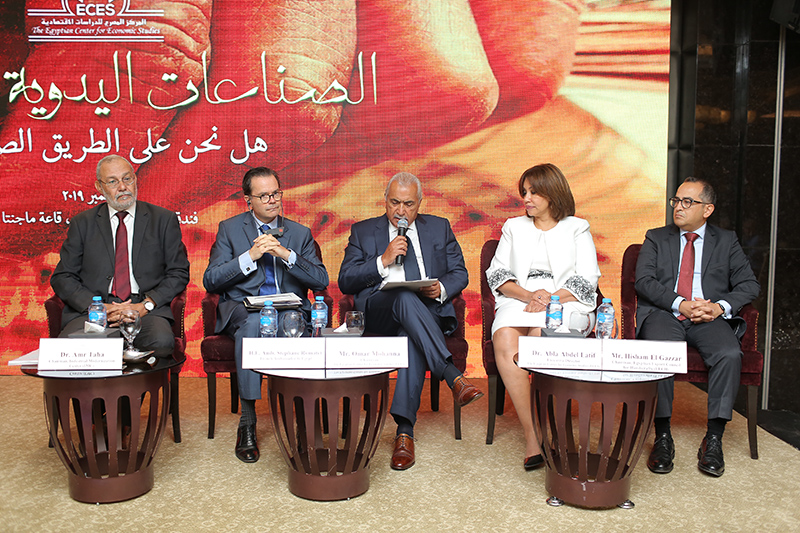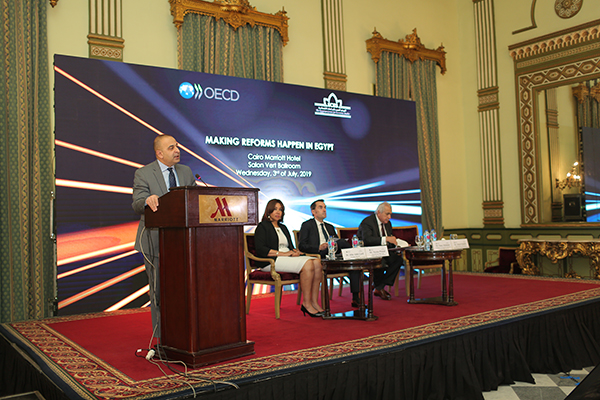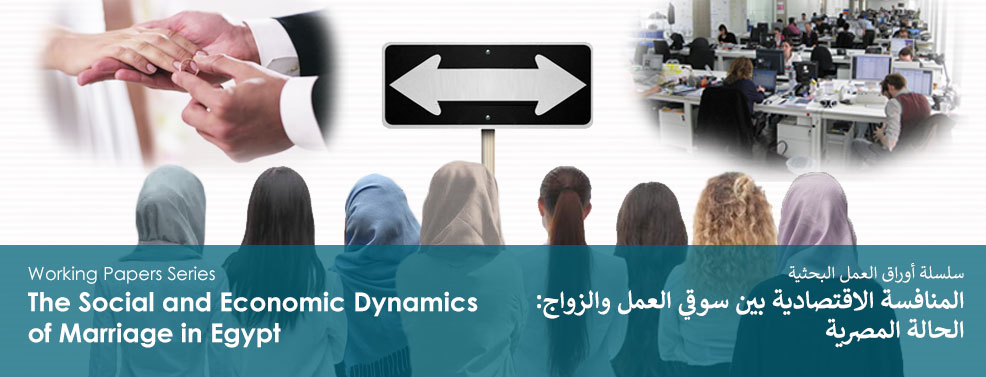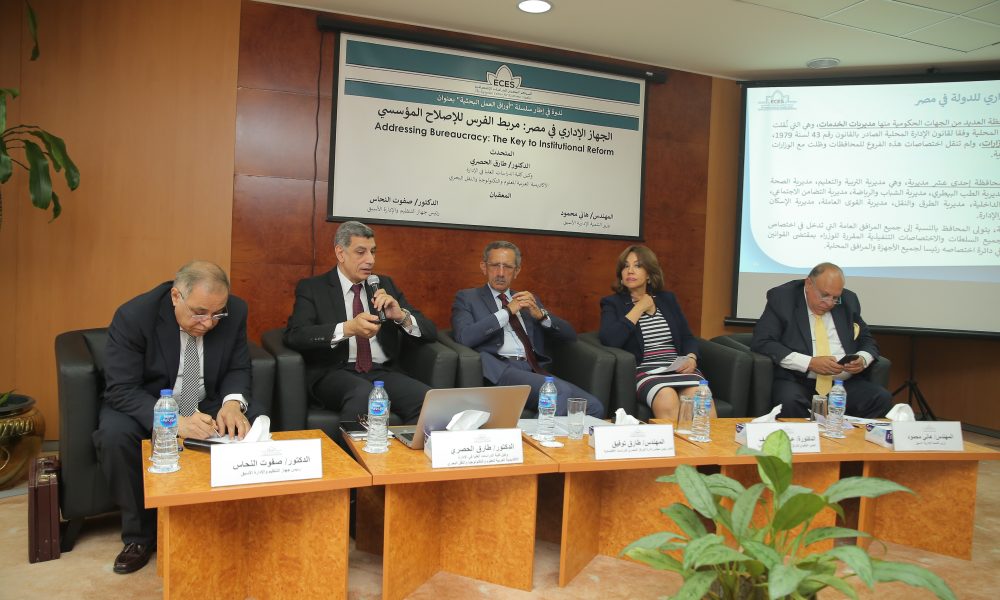In support of the State’s efforts to develop technical and vocational education and training, ECES is pleased to propose a four-dimensional roadmap for leveraging technical and vocational education and training in Egypt. The roadmap is founded on the findings of an ECES survey on the expected demand for labor in manufacturing over the coming five […]
The tenth workshop discussed the digitalization process and the current status of the banking sector, as well as the challenges facing it. The discussions presented the experiences of the Commercial International Bank (CIB), and the Agricultural Bank of Egypt. The eleventh workshop addressed digital transformation in non-banking financial institutions. Cash transactions constitute one third of […]
The African continent has historically been rich not just in its natural resources but also in capital and the potential of its youth. Many countries and world powers realizing the potential of these assets have contributed to several investments in lucrative industrial, infrastructure and commodity projects. While these projects are positive, they serve interests of […]
This seminar aimed to provide a correct reading of the results of the income, expenditure and consumption survey conducted by the Central Agency for Public Mobilization and Statistics. The survey provides for clear indicators that measure the standard of living of individuals and households, and determine their consumption patterns, in order to help formulate sound […]
Egypt has a rich and diverse heritage of handicrafts that stems from its rich history throughout the various eras. It is also abundant in skilled labor that is already working in this field, particularly women, and is estimated to be at least 2 million workers, with individual successes in all handicrafts. Thus, Egypt has all […]
The book explains why the push factors from Africa- insecurity, climate change, lack of space and water, population growth, decreasing arable land, exploding cities – are much more powerful than the pull factors of Europe. Most would-be migrants understand the perils involved in crossing the Sahara, risking their lives in Libya in trying to reach […]
Opening Session: Welcome Notes Session 1: Designing sound economic policies for an inclusive and sustainable market economy Moderator: Mr. Nicolas Pinaud, OECD Head of the Sherpa Office and G20/G7 Sous-SherpaSetting the Scene: Session 2: Enhancing the transparency and efficiency of public institutions and processes Moderator: Dr. Abla Abdel Latif, Chair, Presidential Advisory Council for Economic […]
The unique nature of marriage in the Arab region has generated a range of stylized facts that may not be very pertinent to Western societies. An example of which is the importance of marriage itself, the problematic delay in marriage as well as the costs accompanying marriage. These issues have all been relevant to the […]
This roundtable aimed at discussing the findings of an ECES study on the main problems that the administrative body in Egypt suffers from and proposed reform. This study is one of a series of studies carrying the same title.





